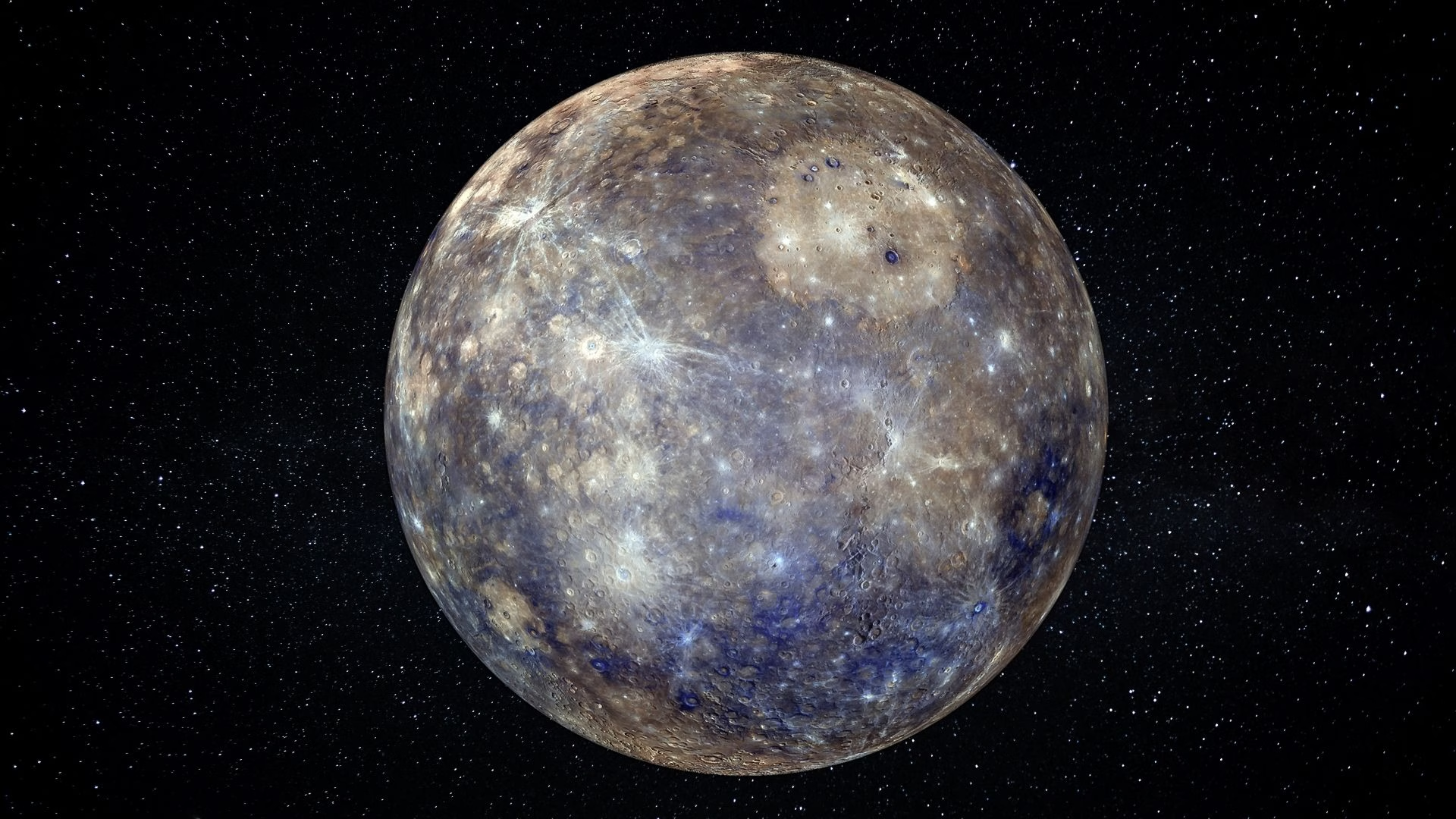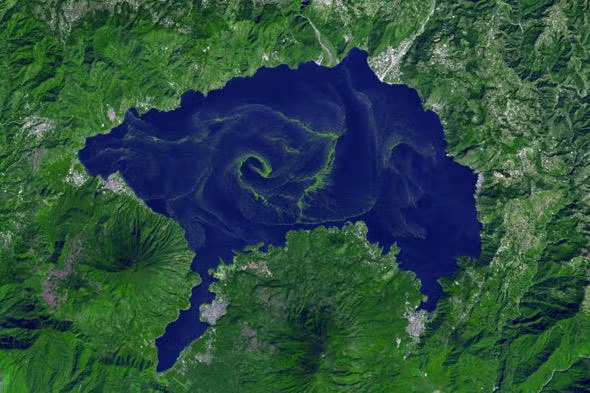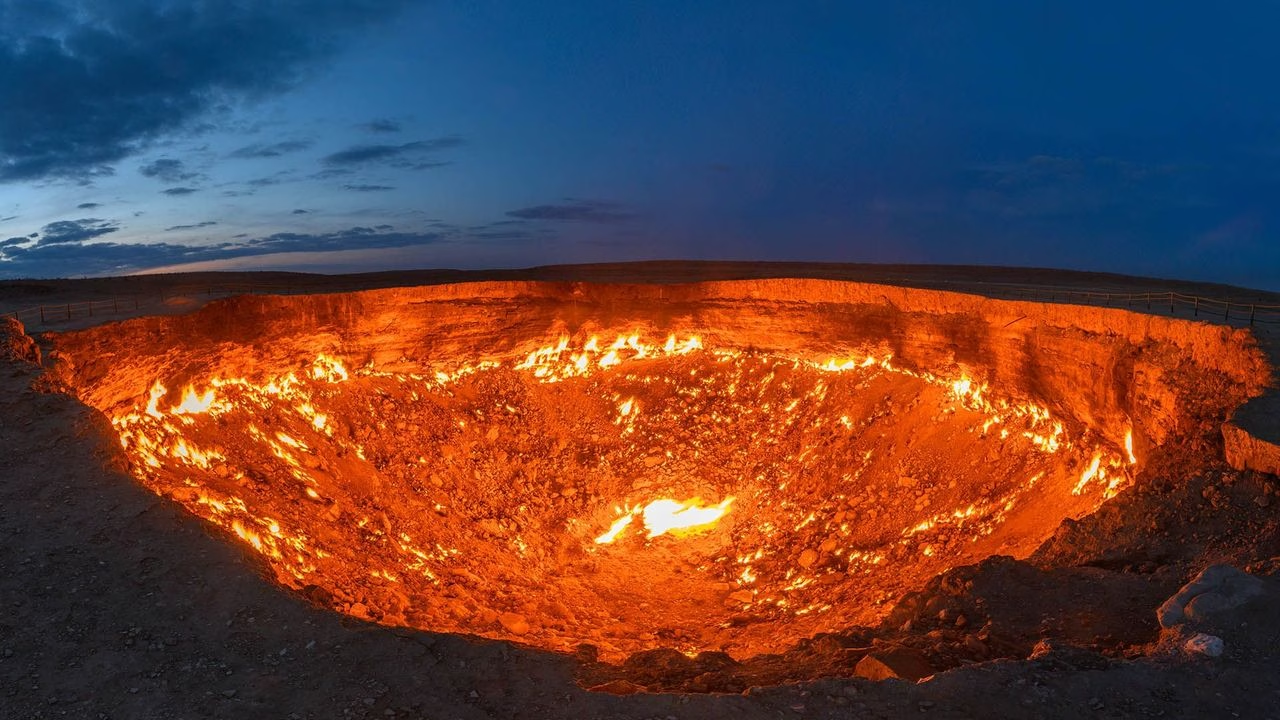Space exploration often inspires awe—endless stars, mysterious planets, and the unknown vastness of the cosmos. But behind all the beauty lies danger. Our solar system is complete of worlds so extreme, so hostile, that simply standing on their surfaces (if they even have one) would be an instant death sentence. But have you ever wondered what dying on each planet in our solar system would be like?
Morbid curiosity meets science in this darkly fascinating journey. Here’s what would happen if you were unlucky—or adventurous—enough to die on every planet, from scorched infernos to frozen gas giants.
1. Mercury – Death by Radiation and Heat Extremes
Mercury is the closest planet to the Sun, and without an atmosphere to protect you, you’d be at the mercy of extreme temperature swings and solar radiation.
Day side: Temperatures soar to over 800°F (427°C). You’d be incinerated almost instantly, with your skin blistering and body dehydrating within seconds.
Night side: Plunge to -290°F (-179°C), and you’d freeze solid; your blood would crystallize.
Bonus danger: Solar radiation would fry your DNA, causing cellular damage even faster than the heat or cold could kill you.
Death on Mercury would be a toss-up between boiling, freezing, and radiation poisoning, depending on which side you’re standing on.
2. Venus – Crushed, Cooked, and Dissolved
Venus is often referred to as Earth’s twin in terms of size, but the resemblance ends there. Its surface is a hellscape of 900°F (475°C) temperatures, thick carbon dioxide, and sulfuric acid rain.
You’d be crushed by the pressure, about 90 times that of Earth. That’s like being 3,000 feet underwater.
If the pressure didn’t kill you, the heat would incinerate you instantly.
If you somehow made it through that, Venus’s acidic atmosphere would eat away at your flesh.
Death on Venus would be horrifyingly quick: crushing, cooking, and corrosion all in a matter of seconds.
3. Earth – The Only Place Built for Survival
Not surprisingly, Earth is the only planet where you can survive unaided. But for the sake of comparison:
On Earth, death could be natural, accidental, or deliberate, but the environment is not inherently lethal.
Gravity, pressure, and atmosphere are perfectly aligned with our biology.
It’s a grim reminder that while Earth has its dangers, it’s a paradise compared to the rest of the solar system.
4. Mars – Suffocation and Decompression
Mars is often touted as the next frontier for human settlement, but it’s still extremely hostile.
The atmosphere is 100 times thinner than Earth’s and is made mainly of carbon dioxide.
You’d die of hypoxia (lack of oxygen) within 15–30 seconds.
Low pressure would cause your blood to boil at body temperature, though your skin would keep you intact for a minute or two.
So on Mars, you’d likely pass out in half a minute, then suffocate and experience internal decompression. A slow, agonizing end—unless you’re in a pressurized suit
5. Jupiter – Crushed by Invisible Layers
Jupiter has no solid surface—just endless layers of gas and crushing pressure.
If you fell into Jupiter, you’d first pass through violent storm clouds, including the famous Great Red Spot, a hurricane larger than Earth.
Descending deeper, gravity increases, and pressure skyrockets.
Before you ever hit anything solid (if such a thing exists), you’d be crushed to death, your body flattened like paper.
Death on Jupiter is like falling into an endless storm that slowly squeezes you out of existence.
6. Saturn – The Ringed Nightmare
Like Jupiter, Saturn is a gas giant with no real surface, just layers of toxic gases.
The atmosphere is mostly hydrogen and helium, and falling into it would expose you to rapidly increasing gravity and pressure.
Winds reach 1,100 mph (1,770 km/h), which could tear your body apart before you’re crushed.
Falling into Saturn would feel like being torn apart by a hurricane before getting crushed by invisible walls of gas.
7. Uranus – The Coldest, Weirdest Death
Uranus is a frozen gas giant with a strange, sideways tilt and an atmosphere full of methane, hydrogen, and helium.
Temperatures drop to -371°F (-224°C)—colder than any other planet.
You’d freeze solid almost instantly.
Add in toxic gases and high winds, and your body wouldn’t last long.
Your death on Uranus would be like falling into a silent, toxic freezer, freezing from the inside out.
8. Neptune – Frozen and Torn Apart by Winds
Neptune is the most distant planet in our solar system and one of the most violent.
Winds here blow at 1,500 mph (2,400 km/h)—faster than the speed of sound.
The atmosphere is composed of icy gases, including hydrogen, helium, and methane.
If you fell in, you’d be shredded by hypersonic winds and frozen stiff in moments.
Neptune would kill you with supersonic speed and arctic cold, possibly before your brain could process what was happening.
Bonus: Pluto – Slow Suffocation in Ice Silence
Though no longer classified as a major planet, Pluto offers its brand of icy death.
Surface temperatures hover around -375°F (-225°C).
The atmosphere is thin, consisting primarily of nitrogen and methane, making it completely unbreathable.
You wouldn’t feel the cold right away, because you’d pass out from lack of oxygen within seconds.
Pluto’s death would be silent, slow, and extremely cold, almost poetic in its remoteness.
What About Moons?
Some moons, like Titan (Saturn) and Europa (Jupiter) have atmospheres or oceans beneath their crusts. While they are intriguing for future colonization, right now, they’d still kill you fast:
Titan: Thick atmosphere, but freezing cold and mostly methane—death by hypoxia and freezing.
Europa: Crust of ice over a potential ocean. No air. You’d suffocate or fall into icy darkness.
Final Thoughts
While imagining death on other planets is a chilling exercise, it also highlights just how unique and life-giving Earth truly is. Every other world in our solar system would kill you in some exotic and horrifying way—by pressure, gas, cold, or heat.
From being crushed in Jupiter’s clouds to boiling in Venus’s atmosphere, each planetary death is like a sci-fi horror story waiting to happen. The good news? You’re safely on Earth… for now.


